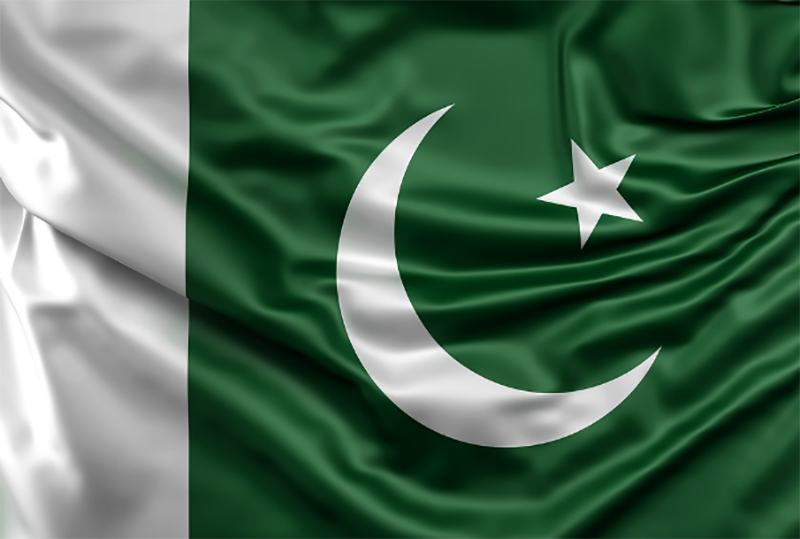 Pakistan
Pakistan Activist Javed Ahmad Beigh highlights the plight of Shia minority community members in Pakistan
Javed Ahmad Beigh, a prominent socio-political activist, has highlighted the plight of Shias in Pakistan and said the community members live under a constant shadow of fear due to an unannounced crackdown by the state on this minority group.
He said the Shia community has long been treated as second-class citizens in Pakistan, a nation dominated by Sunni.
“Many people across Gilgit and Baltistan have been killed. A renowned religious scholar, Agha Baqir Ul Hussain, was arrested on false charges of blasphemy. He was vocal against an amendment to Pakistan’s blasphemy laws that allows the implication of any member of the minority community. Similarly, a young activist was arrested, detained in a central jail, and charged under the National Security Act. This is how the Pakistani regime has been treating minorities for the past 77 years,” Beigh told ANI.
Citing a Human Rights Watch report, Beigh revealed that as many as 4,000 Shias were killed by Sunni extremists between 1987 and 2000 in the aftermath of an unannounced call by the Pakistani government to suppress Shias.
Beigh further argued that Shias in Pakistan are being deprived of their fundamental rights and basic facilities, falling far below international standards.
“People lack access to the internet, government facilities, or institutions, and they cannot voice their concerns without being falsely implicated under the notorious blasphemy laws,” he said.
Support Our Journalism
We cannot do without you.. your contribution supports unbiased journalism
IBNS is not driven by any ism- not wokeism, not racism, not skewed secularism, not hyper right-wing or left liberal ideals, nor by any hardline religious beliefs or hyper nationalism. We want to serve you good old objective news, as they are. We do not judge or preach. We let people decide for themselves. We only try to present factual and well-sourced news.







